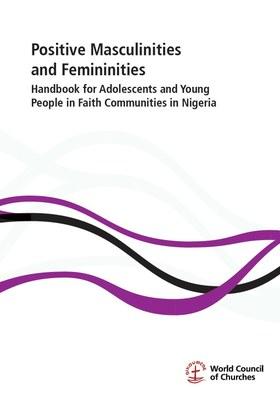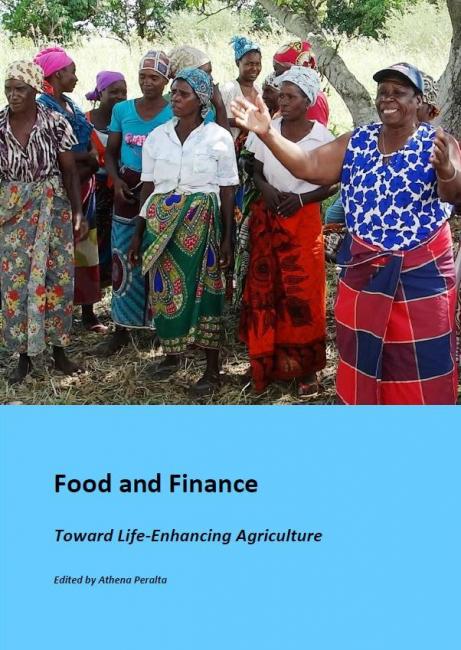Linking Poverty, Wealth and Ecology
“An economy of life is not only possible, it is in the making, and justice lies at its foundation.” — PWE Call for Action The enormous economic changes of recent years have highlighted problematic aspects and disturbing trends in our prevailing economic system. It will never be able to eradicate poverty nor safeguard God’s wondrous creation.
This slim volume chronicles the important work that the World Council of Churches has undertaken to understand the crucial connections between poverty, wealth and ecology. It also proposes ways to bring about a just, participatory and sustainable economic system, in which all human beings, other living creatures and our planetary home are cared for. Written for churches and the ecumenical family, it is designed to enable them to address these critical issues in their life and work as an imperative of faith.
15 January 2013





